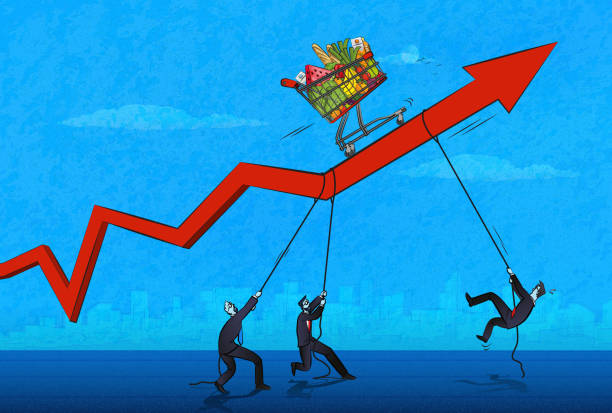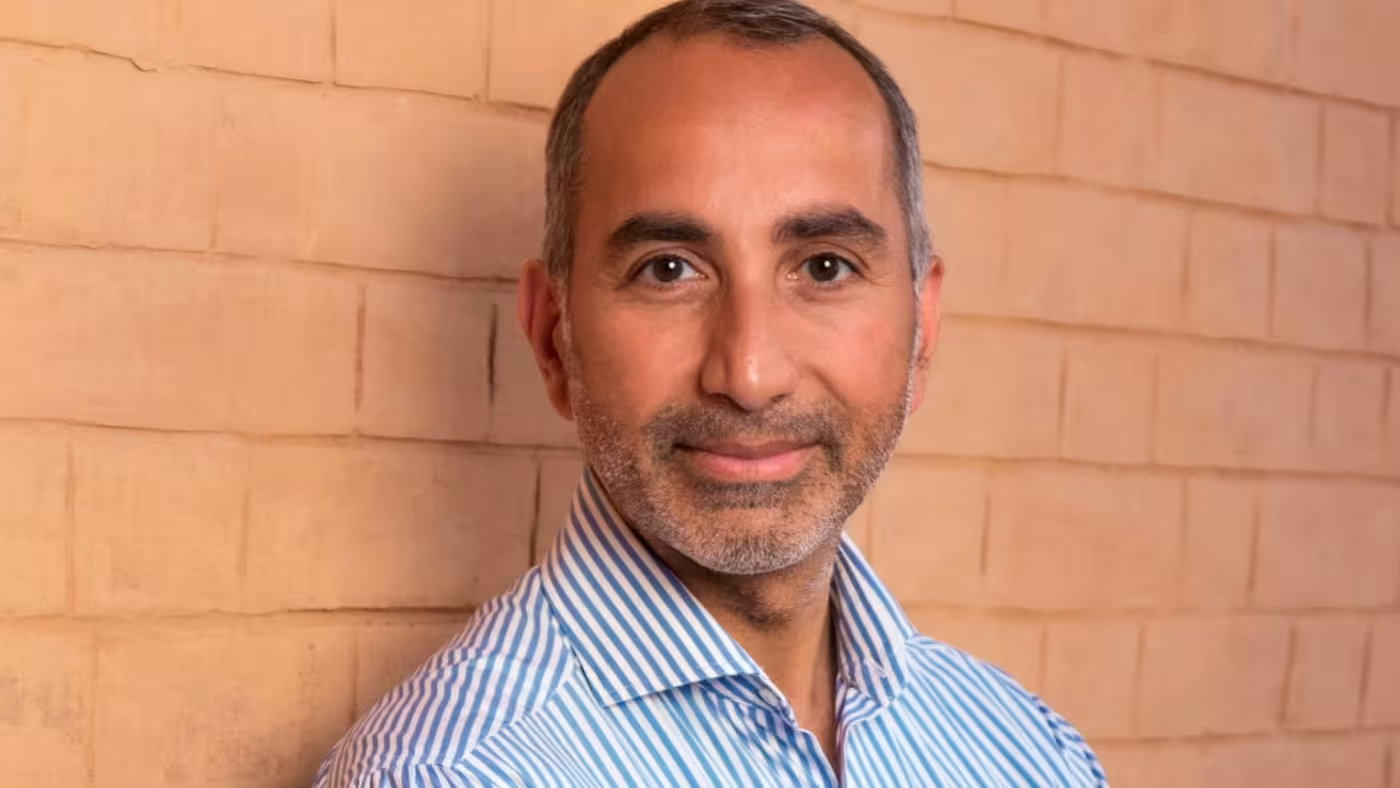Headline inflation in Nigeria accelerated to 33.2% in March, defying analysts’ estimates of a marginal increase. Those estimates were based on the strong performance of the naira, which became the world’s best-performing currency in April.
Other policy decisions, including interest rate hikes in February and March, were expected to slow headline inflation, but a 150 basis points increase in March defied those predictions.
Food continued to be a major driver of rising prices, with food inflation accelerating to 40.01%.
“On a month-on-month basis, the food inflation rate in March 2024 was 3.62%, which shows a 0.17% decrease compared to the rate recorded in February 2024 (3.79%), a report from the Bureau of Statistics said.
Electricity, gas and other fuels had smaller impacts on overall inflation. Last week, Nigeria approved a major increase in electricity tariffs for its top customers (Band A) as it looked to cut costs on electricity subsidies.
Olayemi Cardoso, the Central Bank governor, said last month that he expected prices to moderate by May, which will coincide with the next meeting to decide on monetary policy decisions.



















